个人信息Personal Information
学历:研究生毕业
学位:博士学位
职称:教授
博士生导师
硕士生导师
学科:应用数学
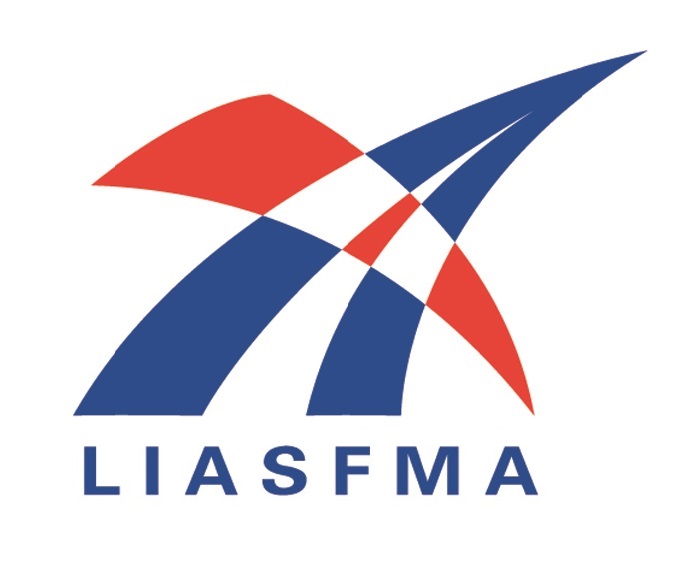 LIASFMA
LIASFMA
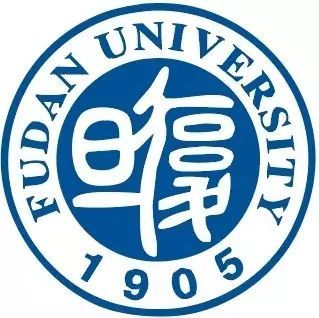
International Graduate School on Applied Mathematics
The LIASFMA (Laboratoire International Associé Sino-Français de Mathématiques Appliquées) is organizing an online international graduate school on various topics in applied mathematics. The aim of the school is to increase the interest and broaden the horizons of young scholars in early stage. The graduate school consists of a series of courses or lectures given by leading experts of related fields. It is mainly for master and PhD students in mathematics, while researchers are also welcome.
The second season of this international school will start from November, 2021. There will be two 8-hour courses on "Control of PDEs'' given by Qi Lü (Sichuan University, China) and Pierre Rouchon (MINES ParisTech & INRIA, France).
The registration of the international school is free but mandatory. The participants can register here.
This activity is supported by LIASFMA and Fudan University.
Organizing Committee
Jean-Michel Coron (Sorbonne Université)
Tatsien Li (Fudan University)
Zhiqiang Wang (Fudan University)Contactor: Xinyue Feng
Email: xyfeng20@fudan.edu.cn
Course 1: A Concise Introduction to Control Theory for Stochastic Partial Differential Equation
Lecturer: Qi Lü (Sichuan University, China)
Abstract: In these series of talks, I give a concise introduction to control theory for systems governed by stochastic partial differential equations. We shall mainly focus on controllability and optimal control problems for these systems. We mainly focus on one dimensional stochastic parabolic equations and stochastic hyperbolic equations, which avoid many technical difficulties. In particular, we shall see that both the formulation of corresponding stochastic control problems and the tools to solve them may differ considerably from their deterministic/finite dimensional counterparts. More importantly, one has to develop new tools, say, the stochastic transposition method introduced in our previous works, to solve some problems in this field.
Biography
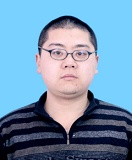 Qi Lü is a professor at the School of Mathematics, Sichuan University. He graduated from University of Electronic Science and Technology of China in 2004 and received his PhD in 2010 from Sichuan University under the supervision of Prof. Xu Zhang. From 2010 to 2014, he was first an assistant professor and then an associated professor at University of Electronic Science and Technology of China. From 2011 to 2012, he was a postdoctoral fellow in BCAM under the guidance of Prof. Enrique Zuazua. From 2012 to 2013, he was a postdoctoral fellow in LJLL, Paris 6 under the guidance of Prof. Jean-Michel Coron. His research fields of interest include Control theory of deterministic and stochastic partial differential equations. Qi Lü will be an invited speaker at International Congress of Mathematicians 2022 in St Petersburg, Russia.
Qi Lü is a professor at the School of Mathematics, Sichuan University. He graduated from University of Electronic Science and Technology of China in 2004 and received his PhD in 2010 from Sichuan University under the supervision of Prof. Xu Zhang. From 2010 to 2014, he was first an assistant professor and then an associated professor at University of Electronic Science and Technology of China. From 2011 to 2012, he was a postdoctoral fellow in BCAM under the guidance of Prof. Enrique Zuazua. From 2012 to 2013, he was a postdoctoral fellow in LJLL, Paris 6 under the guidance of Prof. Jean-Michel Coron. His research fields of interest include Control theory of deterministic and stochastic partial differential equations. Qi Lü will be an invited speaker at International Congress of Mathematicians 2022 in St Petersburg, Russia.
Schedule of Course 1 |
||||
Lecture 1 |
Lecture 2 |
Lecture 3 |
Lecture 4 |
|
Date |
Tuesday Nov. 16 |
Thursday Nov. 18 |
Tuesday Nov. 23 |
Thursday Nov. 25 |
Time |
1 pm-3 pm Paris time (8 pm-10 pm Beijing time) |
|||
Zoom ID |
856 028 30892 |
871 663 89023 |
819 010 93066 |
823 067 65985 |
Passcode |
424910 |
451122 |
431795 |
372306 |
Zoom Link |
||||
QR Code |
|
|
|
|
Slides |
Lecture 1 | Lecture 2 | Lecture 3 | Lecture 4 |
Video |
Video 1 liasfma |
Video 2 liasfma |
Video 3 liasfma |
Video 4 liasfma |
Course 2: Mathematical methods for modeling and control of open quantum systems Lecture Notes
Lecturer: Pierre Rouchon (MINES ParisTech & INRIA, France)
Abstract: Quantum control is an emerging research subject with an increasing role in technologies related to high precision metrology, quantum simulation, quantum information processing and communication. Its development requires to reconsider how measurement, control, and interactions fundamentally affect a system in particular, the intrinsic invasive character of measurements. This course presents mathematical methods developed for modeling and stabilizing open quantum systems and for protection against decoherence (dissipation of quantum information through the coupling of the system to its uncontrolled environment). These methods will be illustrated by experiments in cavity quantum electrodynamics and for quantum super-conducting circuits. The level will be that of a graduate course intended for a general control or applied-mathematics audience without any prerequisites in quantum mechanics.
Biography:
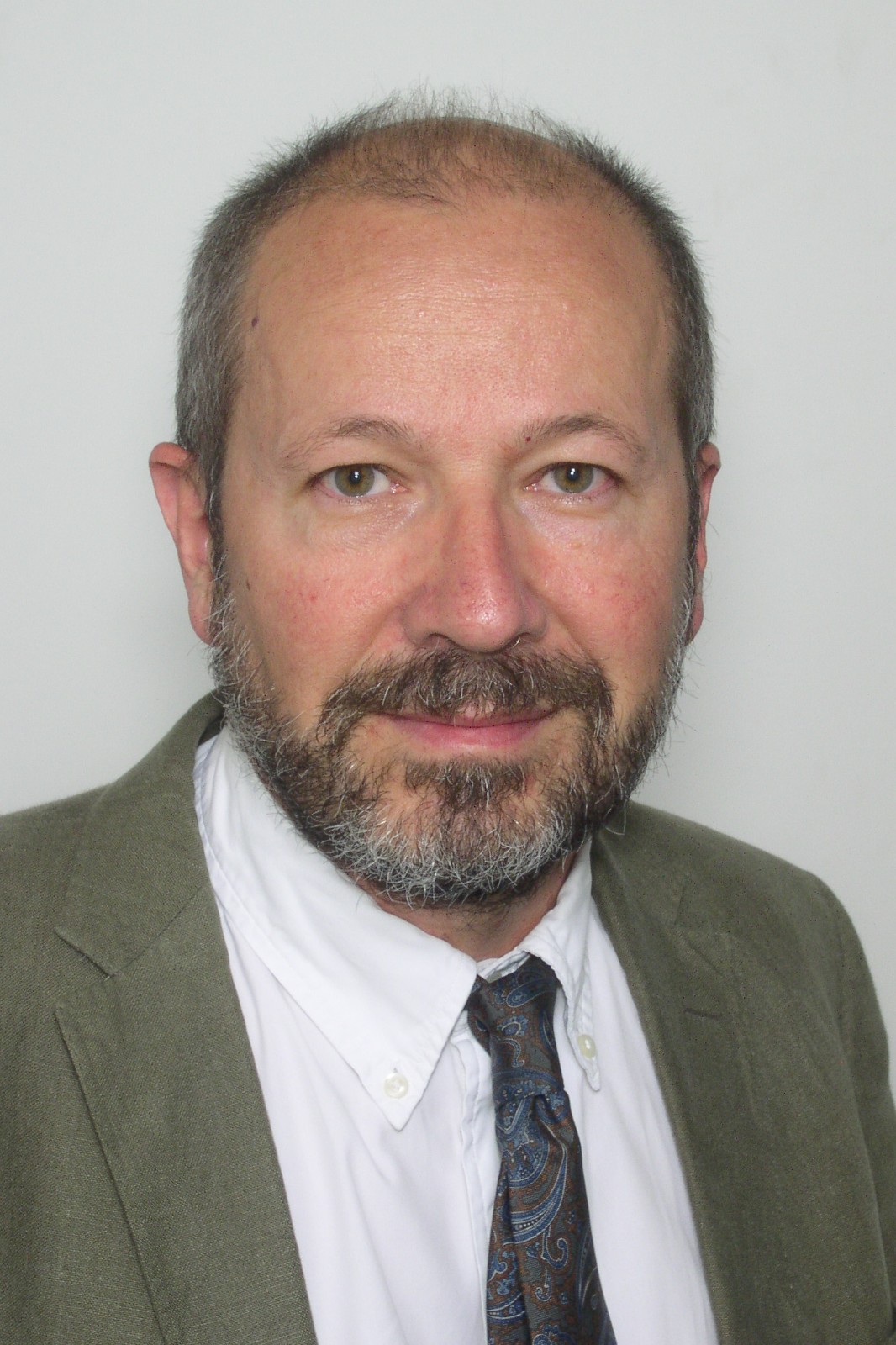 Pierre Rouchon is professor with the Centre Automatique et Systèmes, Mines-ParisTech, Université PSL. He graduated from Ecole Polytechnique in 1983, has obtained a PhD in 1990 and an “habilitation à diriger des recherches” in 2000. From 1993 to 2005, he was associated professor at Ecole Polytechnique in Applied Mathematics. From 1998 to 2002, he was the head of the “Centre Automatique et Systèmes”. From 2007 to 2018, he was the chair of the department “Mathématiques et Systèmes” at Mines-ParisTech. Since 2015, he is a member of the Quantic Research team with Inria and Ecole Normale Supérieure de Paris. His fields of interest include nonlinear control and system theory with applications to physical systems. His contributions include differential flatness and its extension to infinite dimensional systems, non-linear observers and symmetries, quantum filtering and feedback control. In 2017, he received the “Grand Prix IMT - Académie des sciences de Paris”.
Pierre Rouchon is professor with the Centre Automatique et Systèmes, Mines-ParisTech, Université PSL. He graduated from Ecole Polytechnique in 1983, has obtained a PhD in 1990 and an “habilitation à diriger des recherches” in 2000. From 1993 to 2005, he was associated professor at Ecole Polytechnique in Applied Mathematics. From 1998 to 2002, he was the head of the “Centre Automatique et Systèmes”. From 2007 to 2018, he was the chair of the department “Mathématiques et Systèmes” at Mines-ParisTech. Since 2015, he is a member of the Quantic Research team with Inria and Ecole Normale Supérieure de Paris. His fields of interest include nonlinear control and system theory with applications to physical systems. His contributions include differential flatness and its extension to infinite dimensional systems, non-linear observers and symmetries, quantum filtering and feedback control. In 2017, he received the “Grand Prix IMT - Académie des sciences de Paris”.
Schedule of Course 2 |
||||
Lecture 1 |
Lecture 2 |
Lecture 3 |
Lecture 4 |
|
Date |
Tuesday Nov. 30 |
Thursday Dec. 2 |
Tuesday Dec. 7 |
Thursday Dec. 9 |
Time |
1 pm-3 pm Paris time (8 pm-10 pm Beijing time) |
|||
Zoom ID |
91462968711 |
95084818544 |
93368862796 |
96815316470 |
Passcode |
776300 |
344184 |
670773 |
701872 |
Zoom Link |
||||
Slides |
Lecture 1 | Lecture 2 | Lecture 3 | Lecture 4 |
Video |
Video1 liasfma | Video 2 liasfma | Video 3 liasfma | Video 4 liasfma |
The first season of LIASFMA International Graduate School was held in April 2021.
Course 1: A short introduction to Carleman estimates Lecture notes
Introduction: The goal of these lectures is to give some basic ideas on the proof of Carleman estimates and the underlying arguments required for their proofs, with a particular emphasis on elliptic equations. In particular, the lecture will start with the very specific case of the Laplacian in a vertical strip, and will give several approaches to derive Carleman estimates in that setting. As applications, we shall explain how to prove uniqueness in the Calderon problem, which is an inverse problem arising in Electrical Impedance Tomography, and how to derive unique continuation properties for solutions of elliptic equations.
Lecturer: Sylvain Ervedoza
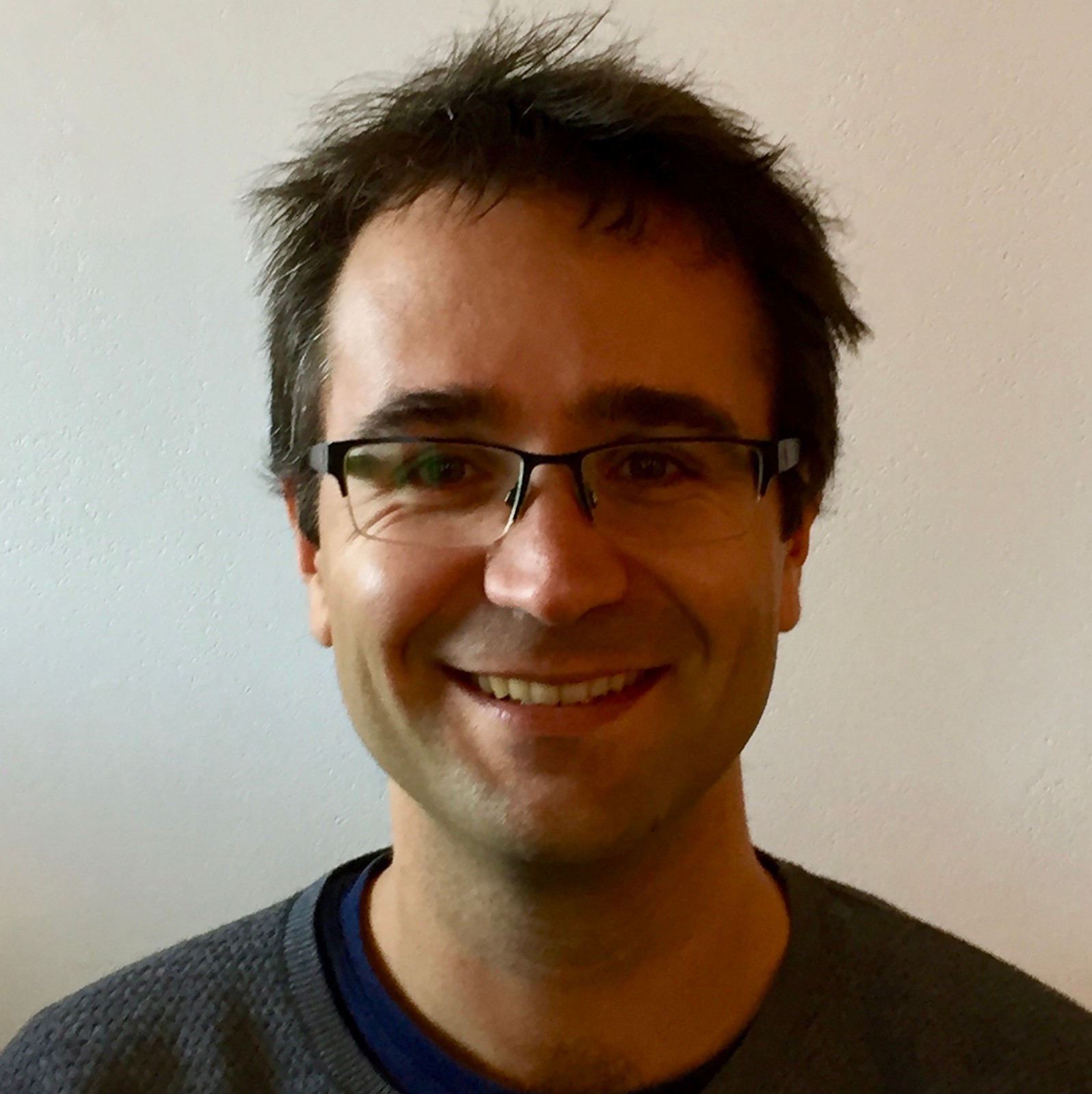 (CNRS & Institut de Mathématiques de Bordeaux, France)
(CNRS & Institut de Mathématiques de Bordeaux, France)
Course1 |
Tuesday April 6th |
Friday April 9th |
Tuesday April 13th |
Friday April 16th |
Notes |
||||
Video and password |
Video1 Lias |
Video2 Lias |
Video3 Lias |
Video4 Lias |
Course 2: Boundary stabilization of partial differential equations Lecture notes
Abstract: This online course is devoted to the general problem of boundary stabilization of partial differential equations. After a brief introduction on control problems of linear and nonlinear dimensional systems, parabolic equations will be considered and a pole-shifting theorem will be applied for the stabilization of reaction-diffusion systems. Appropriate settings will be introduced to prove the different control problems. Then the use of nonlinear boundary controllers will be investigated, as those defined through a saturation map. In the second part, boundary stabilization problems will be solved for hyperbolic equations and different control design methods will be shown to be useful for the control of balance laws. In the last chapter of this course, saturated control laws will be designed to solve the boundary stabilization problems of some hyperbolic systems.
Lecturer: Christophe Prieur
 (CNRS & Gipsa-lab, Grenoble, France)
(CNRS & Gipsa-lab, Grenoble, France)
Course2 |
Tuesday April 20th |
Thursday April 22nd |
Tuesday April 27th |
Thursday April 29th |
Slides |
||||
Video and password |
Video1 Lias |
Video2 Lias |
Video3 Lias |
Video4 Lias |




